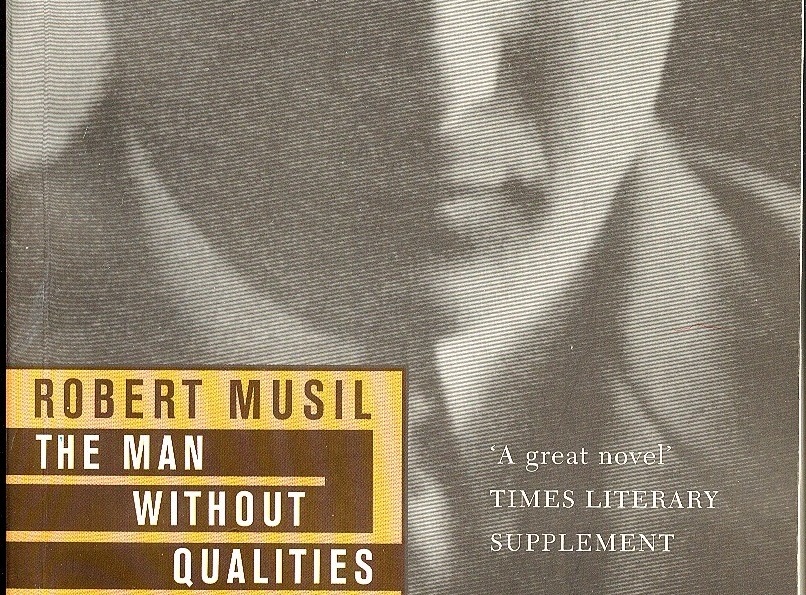
Michael Novak is at it again. He cannot help defending the foolish decisions the Bush administration made in Iraq. Note the heapings of self-righteous purity and breast-beating in the following words from his piece Why We Went to Iraq and Should Have Stayed There:
More than once in the last couple of years others have continued criticism and even insisted that I apologize for being in favor of the Iraq War in 2003. There are very strong moral reasons why the United States went into Iraq in 2003, and why it was strategically sound to do so (despite the wise caveats of many experienced leaders, most notably Pope John Paul II). Because the pope had publicly described me as one of his half dozen lay friends around the world, and because I loved him, it was exceedingly difficult, and painful, for me to put our friendship at risk.
Novak adds:
Should the president imagine the likelihood as closer to 100 percent, or closer to 0 percent? Either way, no president could avoid a decision. Having experienced Saddam Hussein’s megalomania in Kuwait, and again in his repeated use of chemicals against Shiite villages in his own country and flagrant defiances of the U.N., how would you assign the probabilities? In my judgment, then as now, any president who did not act against Saddam Hussein would be held responsible for any further destruction in the U.S. by Middle Eastern terrorists. But there are still deeper reasons why it was right and good for the allied coalition to liberate Iraq in 2003.
To which Kyle Cup responds succinctly and to the point:
Sticking to his guns, I guess. Here’s a tip: if you launch into a moral defense of a war without reckoning with the dead, the displaced, and all the other terrible consequences of that war, you’re doing it wrong. Maybe he plans to get to that in part two. And let’s be clear here: Novak isn’t arguing merely that those who advanced the cause of war were well meaning and doing the best they could with what they had. The ground he defends is that ” it was right and good for the allied coalition to liberate Iraq in 2003.” As if that’s what actually happened.
Cupp has both John Paul II and the then Cardinal Ratzinger on his side. Here is the latter making his point for him avant la lettre in a 2003 interview:
Your Eminence, a question about current events, in some way connected to the Catechism. Does the coalition war on the Iraq come within the canons of the “just war”?
RATZINGER: The Pope has very clearly expressed his thoughts, not only as the thoughts of an individual, but as the thoughts of a man of conscience occupying the highest functions in the Catholic Church. Of course, he has not imposed this position as a doctrine of the Church, but as the appeal of a conscience enlightened by the faith. This judgment of the Holy Father is convincing from a rational point of view also: reasons sufficient for unleashing a war against Iraq did not exist. First of all it was clear from the very beginning that proportion between the possible positive consequences and the sure negative effect of the conflict was not guaranteed. On the contrary, it seems clear that the negative consequences will be greater than anything positive that might be obtained. Without considering then that we must begin asking ourselves whether as things stand, with new weapons that cause destruction that goes well beyond the groups involved in the fight, it is still licit to allow that a “just war” might exist.
In turn, while giving a hilarious rundown of objections to Patheos, NCR, et. al. coming out against the death penalty Mark Shea points out how prudential judgments, judgments of conscience by the pope are not an invitation to wilfully ignore them:
But it’s not a dogma! So what? Obedience is not a game of Simon Peter Says where we only have to listen to the Church when she speaks dogmatically. It is a posture of trust in the Spirit’s guidance of the Church even in her ordinary, non-dogmatic counsel . . . A suggestion to those who wrestle with the guidance of the Church here: learn the meaning of “docility” to the Church’s teaching. It means “being apt to listen to and obey the Church’s guidance at all times, not just when she speaks dogmatically and not just when it accessorizes my personal ideology”. Holy Church is speaking and speaking clearly. Let us listen and obey.
And you know what? John Paul II and Cardinal Ratzinger were right. The disappearing ancient religions of the Middle East are clear proof they knew what they were talking about. Wouldn’t more peaceful means have worked much better instead of throwing around our military riches at the problem?
Then again, the sage John Zmirak willfully asserts, as he waits for Vatican III, that unadulterated Christian ideals and poverty are downright suicidal:
Q: So you’re saying that if some future pope embraced Franciscan poverty and called on every Christian to practice it… ?
A: He’d be calling for mass starvation, of the sort that Stalin imposed in the Ukraine. Some of St. Francis’ followers did exactly that – demand that every Christian live like a friar.
Using power to deflect blame, what Zmirak calls “realism,” is always going to be a much more attractive, if not entirely the most Christian, option. (Remember the temptations in the desert?).
Perhaps, as Robert Musil said in The Man Without Qualities:
The thesis that the huge quantities of soap sold testify to our great cleanliness need not apply to the moral life, where the more recent principle seems more accurate, that a strong compulsion to wash suggests a dubious state of inner hygiene.
But, seeing oneself as pure and exclusively wise is, as Hadjadj says, Satan’s main temptation. Therefore I confess that I also bought into the Neo-Conservative war-mongering when I was in college. My hands aren’t clean.
Like Novak I made a pact with the Devil, but I now regret it.
Yet, Damon Linker, author of The Theocons (a story of how Novak, Weigel, et. al. first came to prominence in the public square) disabused me of my suspicion that First Things somehow played a crucial role in the execution (pardon the pun) of the Iraq Wars.
The decision to strike was made high up in the Bush administration(s) long before the NeoCons took to dusting off the Just War doctrine. Their opposition would not have made one iota of difference, other than maybe, in Novak’s case, it would have saved him straining his relationship with John Paul II. It would have also asserted a Catholic difference in the public square, rather than the usual obsequiousness of both Catholic left and right.
In the end, this is a compelling reason for you to totally ignore the promised Part II of Novak’s defense. His words will not make a difference now as they did not then. The devil has his way with us when we think we are most in control.
You might also want to take a look at my TOP10 list of books on world politics and religion, my piece on Iraq and First Things, and the current Pope’s sympathy for the Devil.












